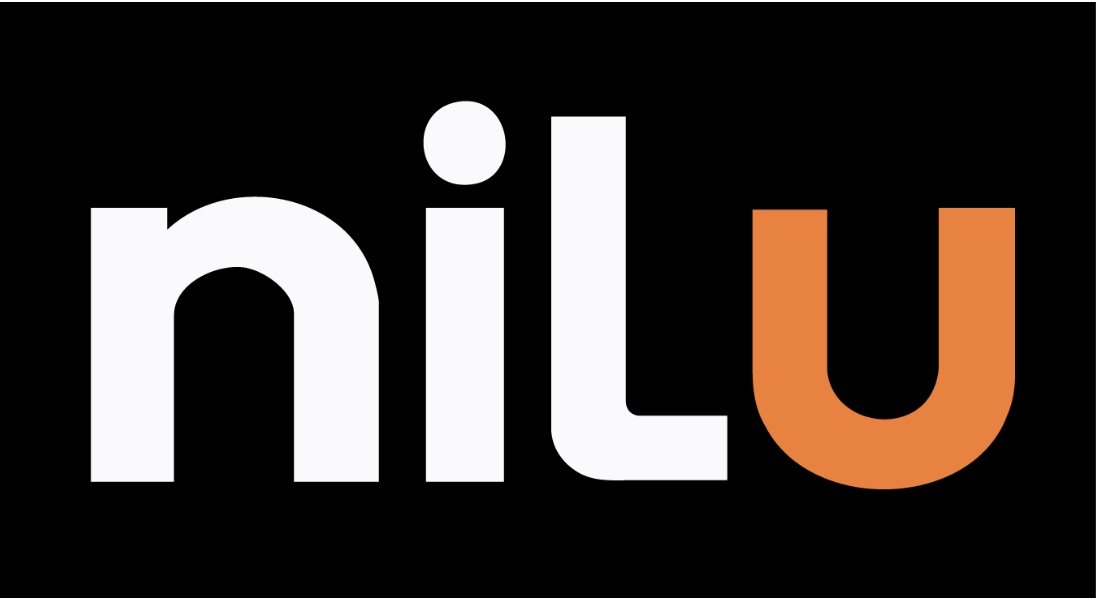Why Every Student-Athlete in the Transfer Portal Needs Legal Representation
The NCAA transfer portal is now a key part of college sports, with many student-athletes using it to find better opportunities, playing time, or visibility. More athletes are also seeking financial benefits through Name, Image, and Likeness (NIL) deals. However, the transfer process is complicated, involving legal and business factors that make legal help crucial.
Many athletes and families mistakenly view the transfer portal as an easy way to switch schools. In reality, it is a pivotal moment that involves athletic skills, contracts, state laws, and brand impact. Athletes entering the portal must deal with new NIL offers, sponsorship deals, and branding opportunities that come with legal obligations, making it essential to have legal support to avoid significant risks.
The link between NIL and the transfer portal is growing stronger, with schools offering NIL incentives during recruitment. These incentives can include community work or brand partnerships, but not all offers are beneficial and may have restrictions. Without legal review, athletes could agree to terms that benefit others more than themselves.
There are common risks for student-athletes without legal support. Contracts may claim intellectual property rights without compensation. Each state has different NIL laws, and deals that are fine in one state may violate rules in another. Contracts may lack clear exit terms, putting athletes at risk. Additionally, tax obligations related to NIL income can cause unexpected financial issues if an athlete transfers to a state with different tax laws.
An example includes quarterback Nico Iamaleava, who left the University of Tennessee over an NIL dispute and transferred to UCLA. He was represented by family rather than legal professionals, which led to misjudgments and a less favorable contract. This highlights the need for legal support for all athletes, not just high-profile ones, to understand contracts and protect their interests.
Athletes should treat the decision to enter the portal with care, ensuring they safeguard their rights and future opportunities. Legal representation can provide clarity and security, helping athletes navigate the complex process. It is crucial for student-athletes to be empowered and make informed decisions in a changing sports landscape.
